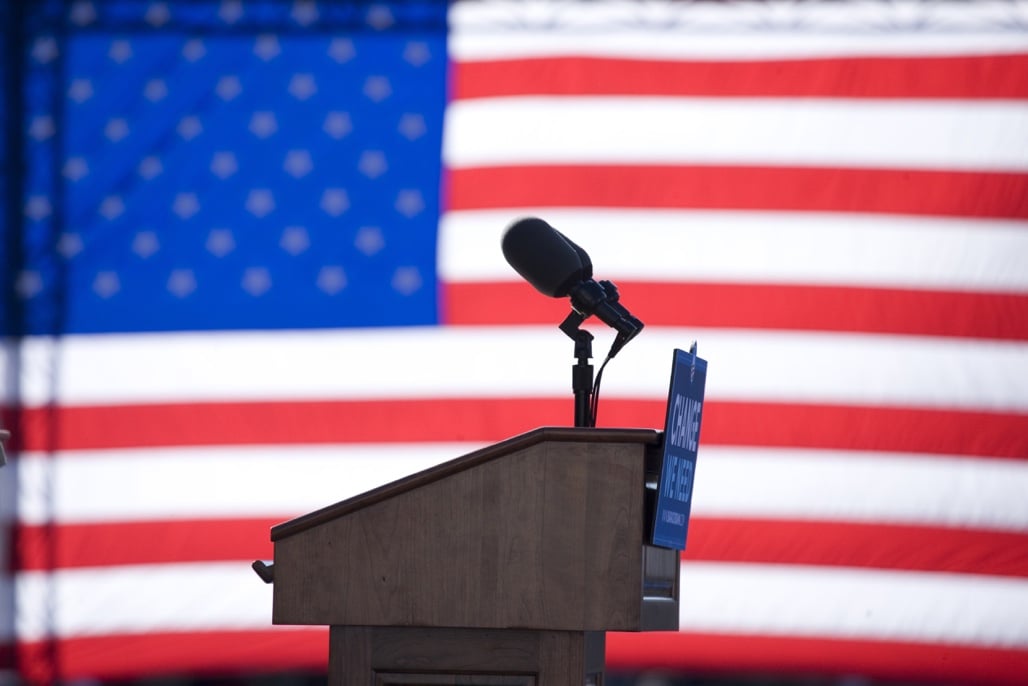Self-Administered vs. Managed Elections: Which One is Right for You?
If you have an election deadline approaching, you need a voting solution that’s easy, effective, and one that caters to the needs of both you and...
Thanks to the foresight of our founding founders and the precedents set by ancient civilizations, United States citizens gets to live in what is known as a representative democracy.
In layman's terms, this just means that instead of each US resident having to get involved with all of the many day to day decisions that go into running a country efficiently, we elect representatives to manage this process for us.
Representative democracies are common in organizations, groups or governments that are held accountable to a large number of members. In fact, most forms of shareholder, delegate, or proxy voting fall under the umbrella of “representative democracy” even if you’re not holding major Congressional or Presidential elections.
In order to make our democracy as efficient (and powerful) as possible, early Congress members established the Electoral College, a group of appointed delegates whose votes are weighted based on the population of the state they’re representing.
As mentioned before, weighted voting (electoral systems in which not all voters have the same amount of influence over election outcomes) is employed in various types of decision-making events every day, although the most popular uses for this system are shareholder meetings, homeowner association elections, and course, when selecting the President of the United States.
Common misconceptions about the Electoral College include the belief that ballots in states with large population count much less than those in small states. For example, some states can have as few as 2 or 3 total electoral college votes while others can carry up to 55 electoral votes.
When you consider how votes are distributed for these elections, less populated states actually walk away yielding much more influence per individual voter than their more crowded counterparts.
When it comes to Presidential elections, candidates need a minimum of 270 of the total 538 available votes in order to win the nomination. This system is done instead of popular vote (when the most popular candidate wins) in order to ensure equity for voters from rural regions and less powerful states.
Although weighted voting is mostly employed in the Electoral College process for selecting future presidents, there are other forms of voting that takes place within borders of the United States.
Congress members are usually elected by direct, popular vote, while federal judges are usually appointed by the President and approved by Congress.
Additionally, Congress holds any number of assembly votes in which quorum (minimum number of voting eligible delegates who need to be present at a key voting events) must be met in order to pass or veto new laws.
Open Primaries
Open primaries are for elections where eligibility to run for office is open to all members of the public, not just to those associated with a particular political party or organization.
Closed Primaries
In closed primaries, political parties pre-select their candidate of choice by limiting eligibility to registered party members only.
In the event that no candidates win the needed electoral or majority votes in order to win, multiple elections will be held with the same (or new) candidates until a clear winner is decided.
Initiatives are elections and special ballots proposed by constituents who want to influence legislation or constitutional amendments.
Initiatives often require citizens to gather a required number of petition signatures before holding a referendum to decide if this petition can move forward.
While recent elections have caused more and more Americans to consider the value of our voting systems and how elected officials should come into power, understanding the democratic foundations behind weighted and popular voting can help each citizen become more informed about their election options.
For companies and brands who need determining which type of voting system is best for their upcoming election (weighted, ranked or direct vote?), contact the Customer Engagement team today to learn more.
For everyone else, enjoy a happy Independence Day from the entire team here at eBallot!

If you have an election deadline approaching, you need a voting solution that’s easy, effective, and one that caters to the needs of both you and...

Online voting tools are a convenient and efficient way to facilitate various types of elections, surveys, and polls. Whether you're organizing a...

Voting to change your association’s bylaws can be an arduous task - but it doesn’t have to be. In an era when public sentiment can change with the...
